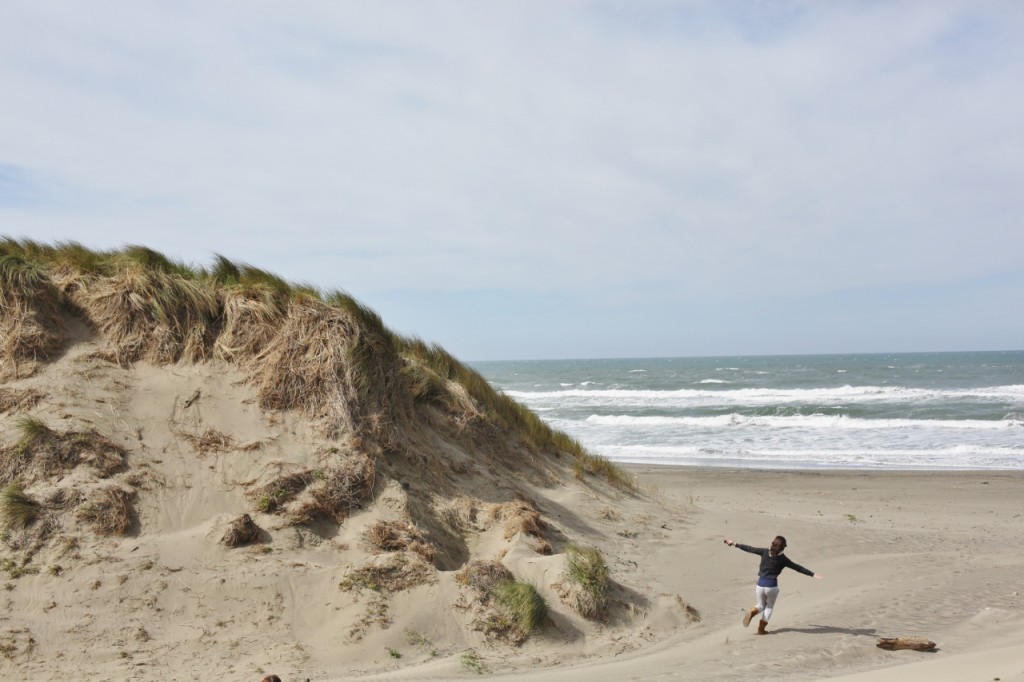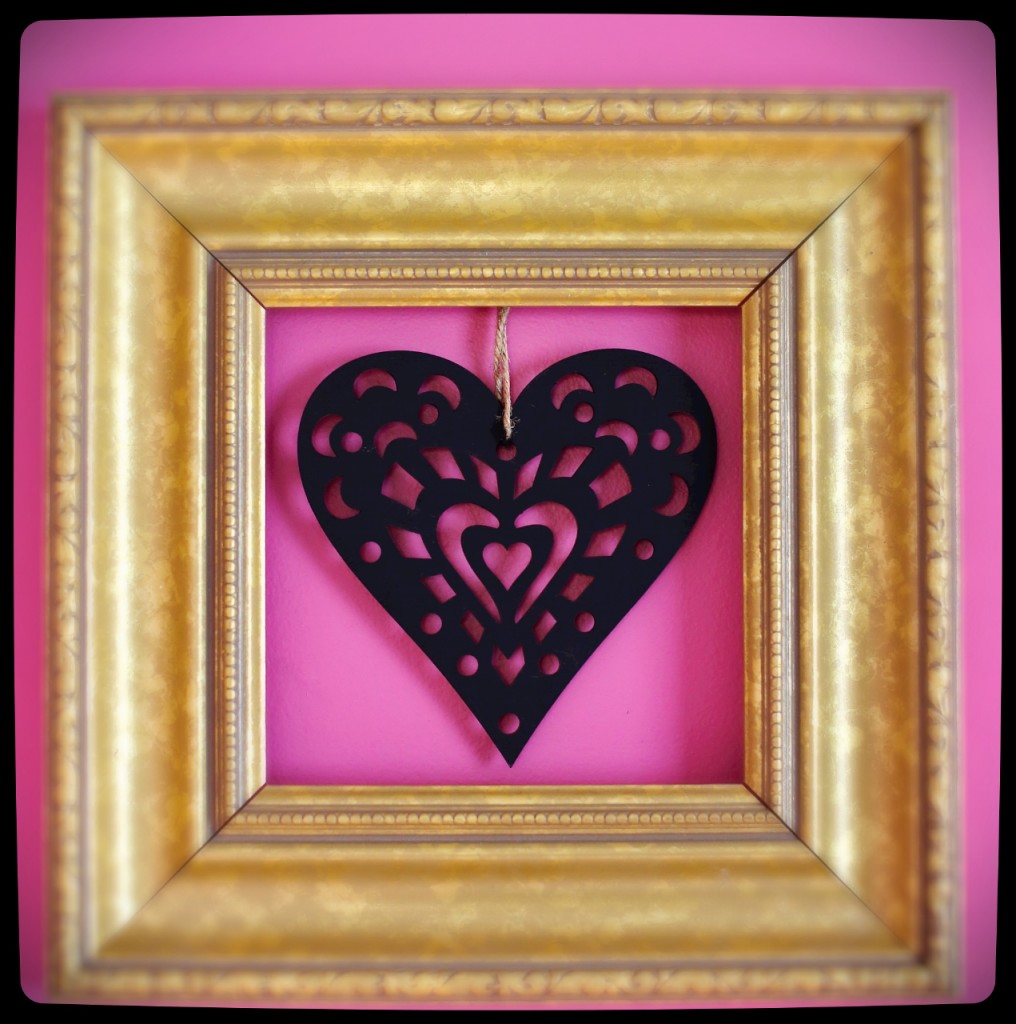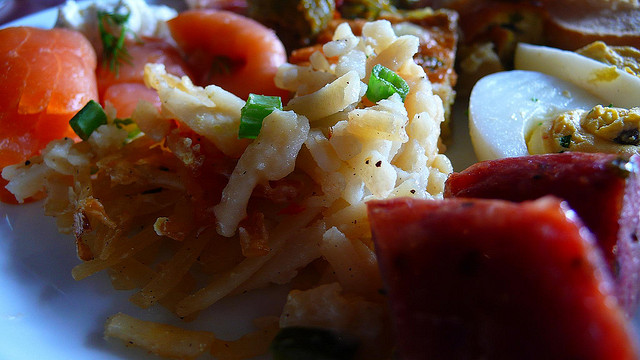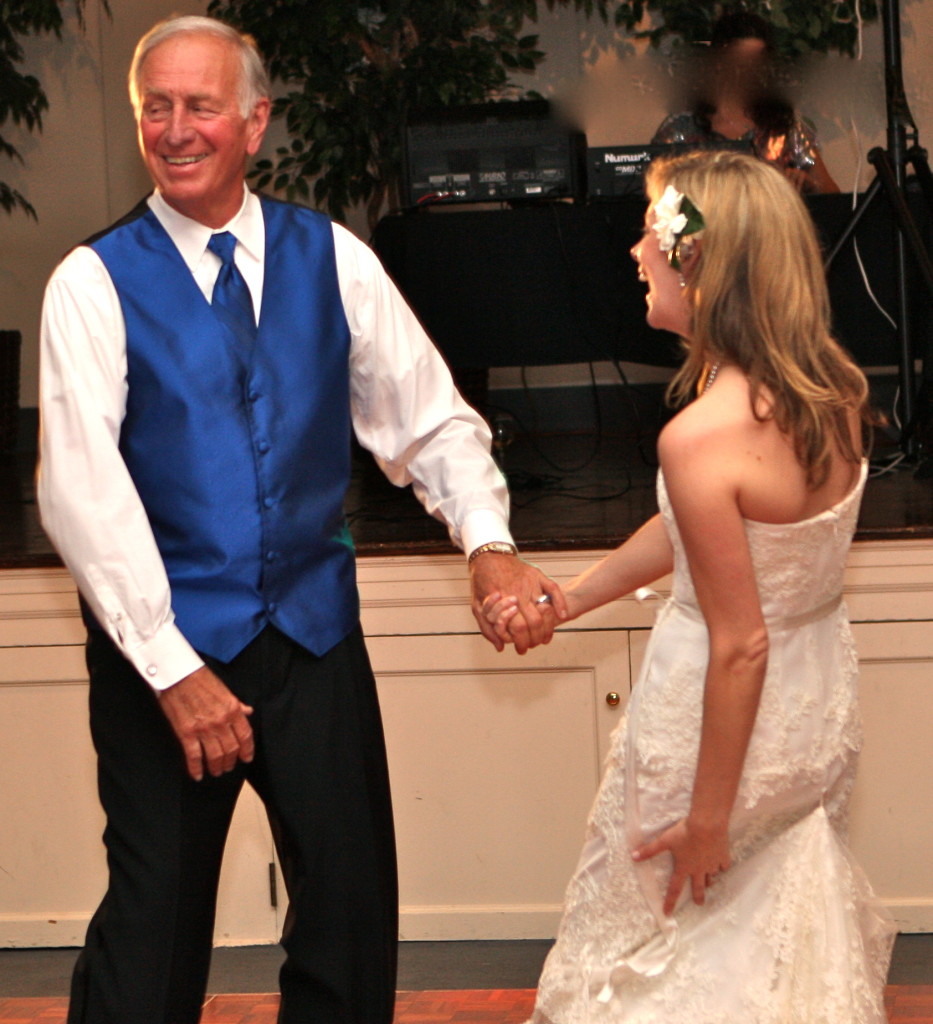
By Powell Berger
You started skydiving in college, a dare at first, then an obsession, and now an escape. You like standing on the step of the airplane, clinging to the wing strut, still tethered to the airplane but in just one leap, one moment’s push from the metal sliver holding you, you fall away, the plane banking and disappearing above you. You feel the wind blast against your face, your cheeks pushed flat against your cheekbones, no sounds audible against the wind screaming past you. You revel in the shock of opening your parachute, pulling the little pod tucked on the back of your leg-strap that initiates the sudden stop, yanking you from free-fall, jerking you from your plummeting dive into a quiet, suspended hover above the hues of greens and blues and browns beneath. The rustling sound of the parachute above your head as you glide towards earth fulfills you. In those moments, you are free, certain, invincible.
You pack everything you own in your rattletrap white Chevette—except for the bookshelf that your grandfather built because it’s too big to stuff in the car and you feel bad about leaving it behind but you tell yourself you’ll come back for it—and you drive south. You are in love. Not a man—you’re still too wounded, too raw for that—but a lifestyle, a sport, an escape hatch. You know this isn’t your “real” life, but rather a detour before you head down that inevitable path of career and Washington politics and all things you’ve always known you’ll do. But now, this opportunity beckons, and you can’t say no.
You spent most of your college holidays in Florida—Thanksgiving, spring break, Easter—encamped at the biggest, baddest, best skydiving center in all the world, learning from the sport’s luminaries, trying to hone your skills. World champions congregate there, and you wanted to learn to do the complicated freefall acrobatics like they do, the ones you’ve seen in the magazines. Now they want you to manage this legendary drop zone, and you are only twenty years old. You! You can’t say no, and while you know it won’t be forever, it will be for now.
You drive the eight-hour trek from Atlanta with all your books, your skydiving rig (the one you bought by pawning your beloved flute and hoarding waitressing tips) and your blue jeans and tee shirts and gauzy cotton skirts shoved in the back of the Chevette that your mother gave you when you left home. You start your new job. The pilots like you because you pay them on time. Most of the other skydivers like you well enough, too. They largely ignore that you still don’t have the skydiving expertise that they have. You’re not fooling yourself. You understand your skydiving skills are mediocre, but you love it in spite of your lagging abilities and you appreciate the attention when the skydivers you’ve read about take time to jump with you, to teach you. And you love the scene, alive with risk and money and big dreams. And drugs, planeloads of drugs. It is Florida in the 1980s where planes no longer deemed fit for drug-running haul skydivers. Including you.
You meet a guy—a man, really—and you start dating, and soon you move in together. He’s fifteen years older than you, but somehow that seems okay and he’s part of skydiving’s “it” crowd and you like that. And you like him. Between you, you know all the best skydivers in the world and all the best coke dealers and where all the best parties are. Sometimes you host the parties. The sport’s glitterati turn out for your parties, and your life is full and you forget the bookshelf that you said you’d retrieve, the tongue and groove mitered corners dinged by Nancy Drew and history texts and political science theories. Your mother entrusted you with it when you left for college, and you know that she’d be disappointed to discover you’d left it behind. But you are young and alive and happy and the open hole in your soul left by the boyfriend who died your freshman year is slowly scabbing over and you feel alive again.
•••
The man is cutting the grass in the late Friday afternoon sun when you finally summon the courage to pee on the stick. You are twenty-two now and beginning to forget that this is your detour life with its skydiving and parties and cocaine and life lived large. Until your nipples get tender and your period doesn’t come. You bought the stick at the drugstore where you rarely go, hoping not to be recognized, and hid it until this moment so you can face the stick alone. You open the box and read the small print instructions, studying the clinical sketches illustrating the proper wipe-and-catch peeing position, and you realize you have never done this before. You curse yourself for forgetting the pill so many times, always taking two the next day—or three sometimes—and believing it would still work out. You feel stupid and ashamed and you wish you hadn’t left the bookshelf, hadn’t left that life at all.
Now you pee on the stick and watch the lines appear in a faint plus that bleeds to dark and decisive. You slip out and go back to the drugstore and spend another twenty dollars that you don’t really have for another stick, even though the first one left little room for uncertainty. And again, back in the bathroom you share with the man, the lines cross in the certain plus and your head feels light and the tiny bathroom with his comb and shaving cream and toothbrush on the counter feels cold and prison-like.
You stare at the two sticks, now lined up next to the toothbrush and shaving cream. A fetus grows inside you, maybe six or seven weeks along, the product of this man and you and your life on the detour path. You always said that you didn’t want children, mostly because your now-dead college boyfriend couldn’t have them because the chemo had racked his body and stripped him of heirs, and so you held his hand and agreed that children would not be part of your life. Your life together. But now he is gone and finally, finally after the months of anguish and anger and emptiness, you have moved on to a happier place, on the detour path, and you feel complete again. Although you still talk to him almost every day—tell him stories of your detour life (which he only pretends to understand) and assure him that you are okay— but only when the man is working or sleeping so he won’t know you still live with the ghost of the life that will never be.
The man comes in from mowing the grass and showers and opens a beer. You show him the sticks and wince as the pain crawls across his brow. You sit together on the couch and recount the last six weeks—the all-night parties steeped in alcohol and pot and coke, the meals you’ve not eaten, the sleep you’ve not gotten. You know the first few weeks of development are important, and you know you’ve not behaved well. You are ashamed, and he knows it, but he does not judge.
You talk about the detour life and the future that’s yet to begin—the career, the dreams, the possibilities. He tells you he knows that you never meant to stay and that he supports you, whatever you decide. No one is angry. No one cries.
•••
On Monday, you make the phone calls to find the best doctor, the best place to go. You choose someone who practices at a local hospital and is known to be a good doctor, one who cares about his patients. He assures you it will be simple and that you will be able to have children one day, when you are ready.
It will cost $2500—or maybe it is $1500 or $25,000. Whatever the number, it is money that you and the man don’t have, so he goes to the bank and gets a loan. You wonder what he told the bank, but you don’t ask.
You don’t know that finding a doctor who practices in a real hospital and who takes care to make it simple and sterile and makes sure you are able to conceive and bear children again is not a universal thing. You don’t know that other women don’t have the same options and that you just happen to live in a state where, at least for now, the decision is yours to make. You just know you don’t tell your mother, or your friends, or anyone really, except for the nice lady at the doctor’s office, and she looks at you with understanding and sadness.
You arrive on Thursday morning as directed, and the man waits in the lobby strewn with copies of Time and Newsweek, Ronald Reagan splayed on the covers, while you change and go to the procedure room. You are scared and glad that the man took the day off to be with you. It is as the doctor told you, simple and relatively painless, although the machine makes a sucking sound and you don’t want to think about why. The stirrups are cold and the speculum is uncomfortable and the doctor keeps reminding you to relax your knees as he moves from the sucking machine to his tray of silver probes and scrapers and devices.
The assistant is kind and holds your hand, asking if you are okay when you blink back a welling tear. You are, you assure her, and you feel relieved that it is done yet sad that it had to be.
You sleep all day on Thursday while the man follows the doctor’s instructions to make sure the bleeding isn’t too excessive and that you remain coherent. He brings you a tray of food in the afternoon, which you eat gratefully before slipping again into fitful dreams.
On Monday, the bleeding finally slowed and the pain subsided, the man returns to work. You make phone calls to your friends in Washington, where your real life is supposed to be, and schedule interviews.
•••
In a few weeks, the man will propose to you, sitting at an oceanfront table at sunset, and you will say yes. You will sell your little Chevette—it only starts sometimes now, though it was your faithful friend on the detour journey. The man will join you on your trek to Washington—where you always knew you’d be—uprooting his life so he can be with you as you pursue the career you always meant to follow, and you will build a life together. He will keep skydiving, but you sell your rig while holding tight to the strength found flying free, untethered and so certain.
You and the man will not last forever—the detour too great, your difference too vast—but you will have a son and you will both raise him and cherish him. You will break barriers and your career will flourish, just as you had imagined. Occasionally, usually on starry nights when you feel particularly wistful, you will still talk to that first love—the one who died so young—and you will hope that he’s not disappointed. You will eventually remarry and move again, pursuing your next chapter. The man will remain in Washington, a life he chose because of you, and while you know he is happy, you feel guilty about uprooting him.
Just as the doctor promised, you will have other children—another son and a daughter, who, with your oldest child, form a trifecta of sibling unity, something you cherish because you know it will outlast you, as it should, and you are grateful. They ask about your skydiving days and you smile, remembering the freefall, the invincibility. And every doctor’s visit, every check-up, every test—those routine visits that become part of life as time passes—every time you fill out one of those standard medical forms that ask about your pregnancies, you will flinch and remember. And you will wonder whether to count that first one, so long ago.
•••
POWELL BERGER is a freelance writer living in Honolulu with her two teenagers and two cats, where she revels in their havoc and joy in equal measures. She spends every July as a Program Fellow at the Paris American Academy’s Creative Writing Workshop and dreams of one day living there. Besides her essays for Full Grown People, her work has appeared in various print and online publications, including Travelati, Hawaii Business, and Inside Out Hawaii. Her writing world is housed at www.powellberger.com.

 Follow
Follow






